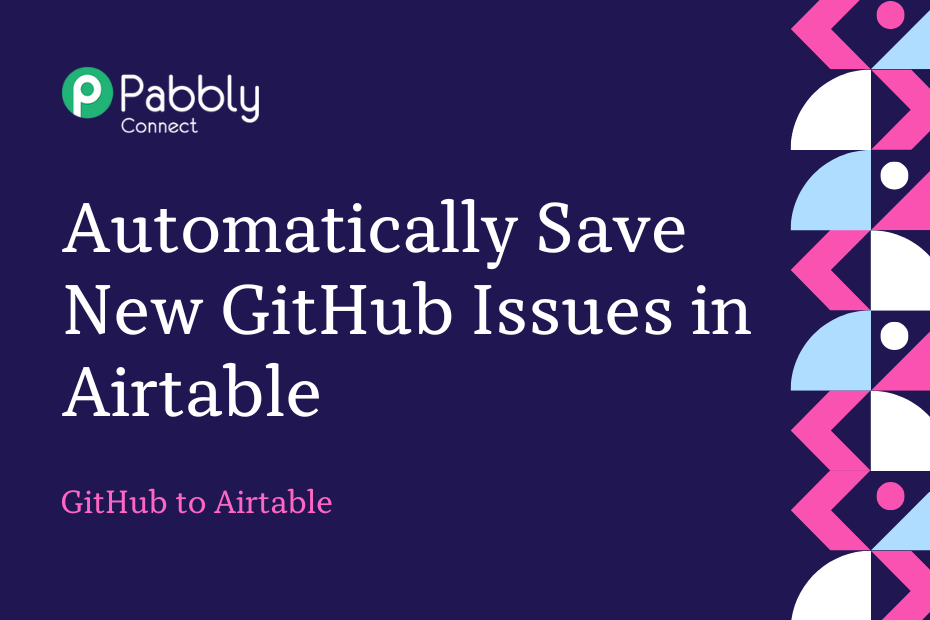In this post, we will look at how you can integrate GitHub with Airtable and automatically save newly created GitHub issues in the Airtable table of your choice.
This automation requires a one-time setup, for which we will use Pabbly Connect.
We will first link GitHub with Pabbly Connect to capture the tasks, then link Pabbly Connect with Airtable and save the captured issues in your Airtable.
Steps to Automatically Save New GitHub Issues in Airtable
1. Sign In / Sign Up to Pabbly Connect and Create a Workflow
2. Establish a Connection between GitHub and Pabbly Connect
3. Setup Airtable as the Action App to Save Issues
Step 1:- Sign In / Sign Up to Pabbly Connect and Create a Workflow
A. Sign In / Sign Up
To begin this process, visit Pabbly Connect and create your account by clicking on the ‘Sign Up Free’ button. You can also click on Sign In if you already have an account.
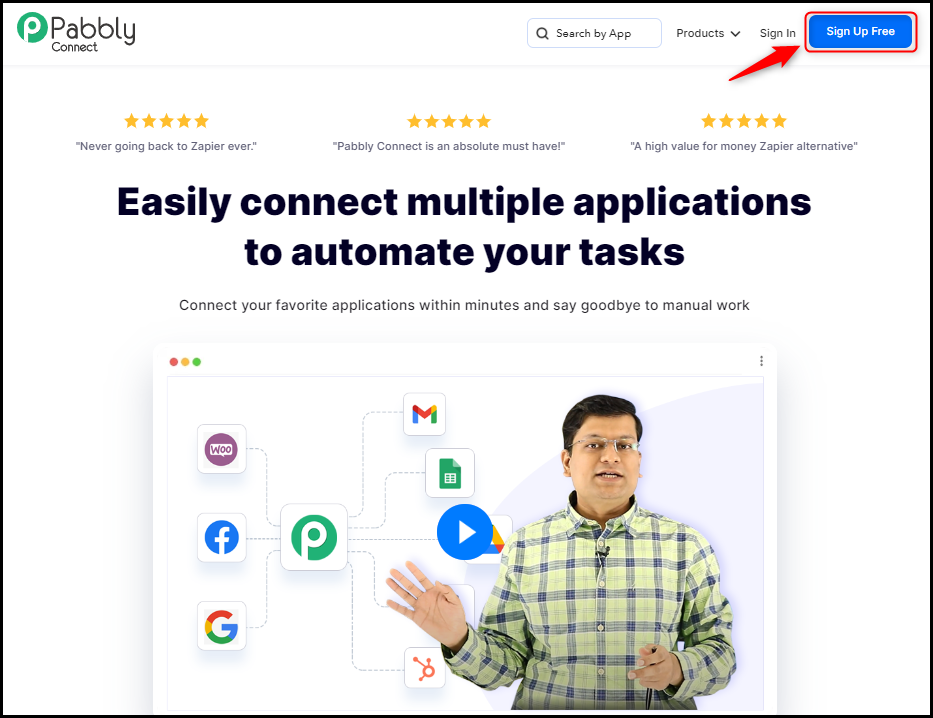
Click on the Pabbly Connect ‘Access Now’ button
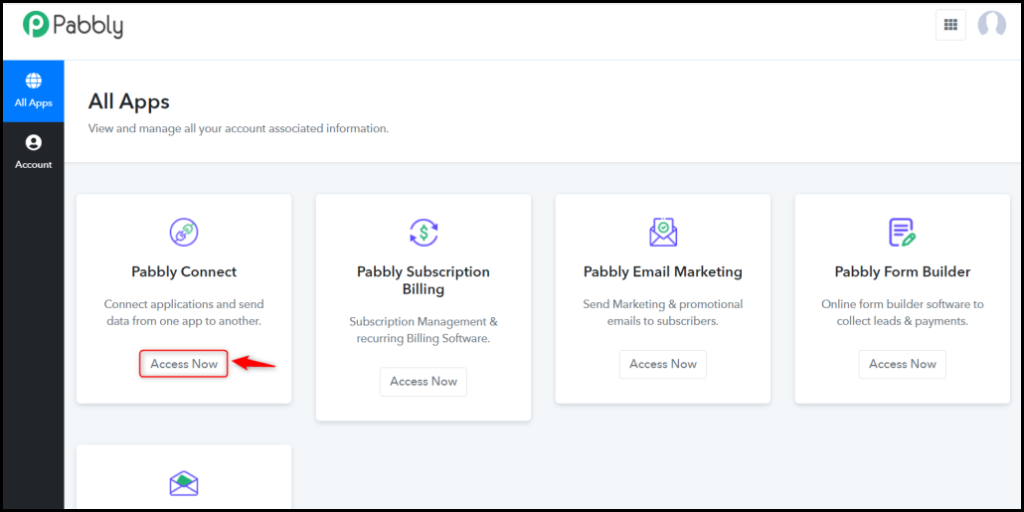
B. Create Workflow
To create a new workflow, click the ‘Create Workflow’ button.
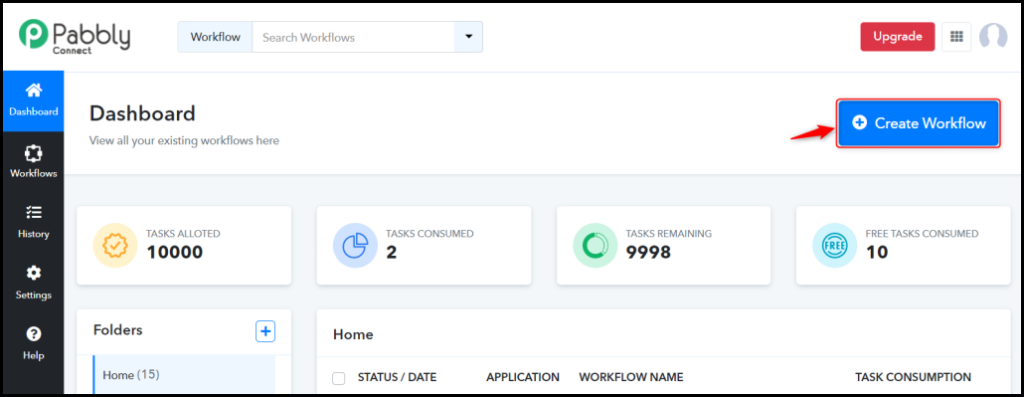
Name your workflow, and click on ‘Create’.
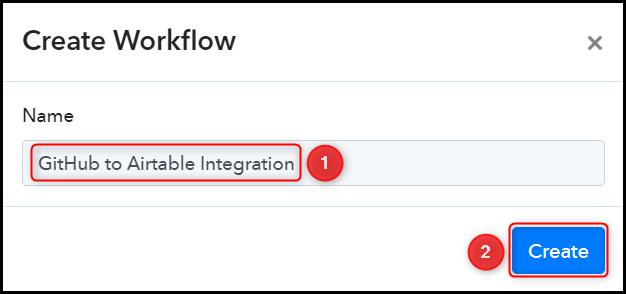
Step 2:- Establish a Connection between GitHub and Pabbly Connect
We will now look at the steps through which we will establish a link between GitHub and Pabbly Connect. This will help us to fetch the newly created GitHub issues.
A. Trigger App
Trigger allows us to choose the application that will receive the data for Pabbly Connect. In our case, it would be GitHub.
Choose ‘GitHub’ as the Trigger App, select ‘Issues’ as a Trigger Event, and click on ‘Connect’.
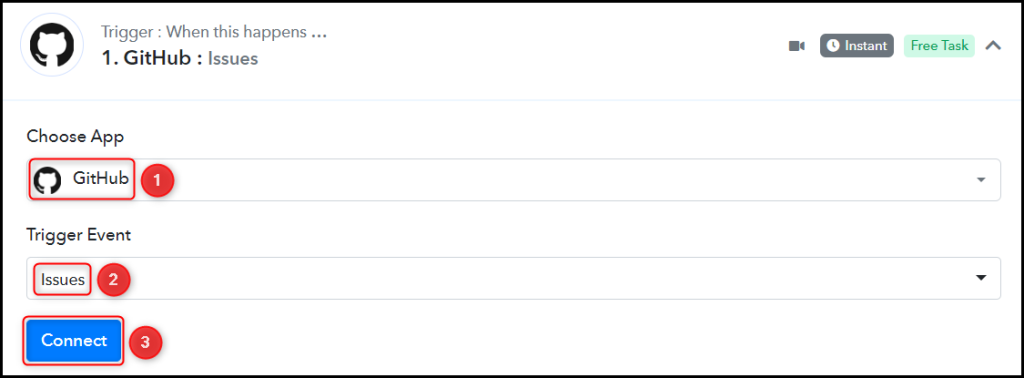
B. Connect GitHub Account
To connect with your GitHub account, select ‘Add New Connection’ and click on ‘Connect With GitHub’. Also, grant the authorization.
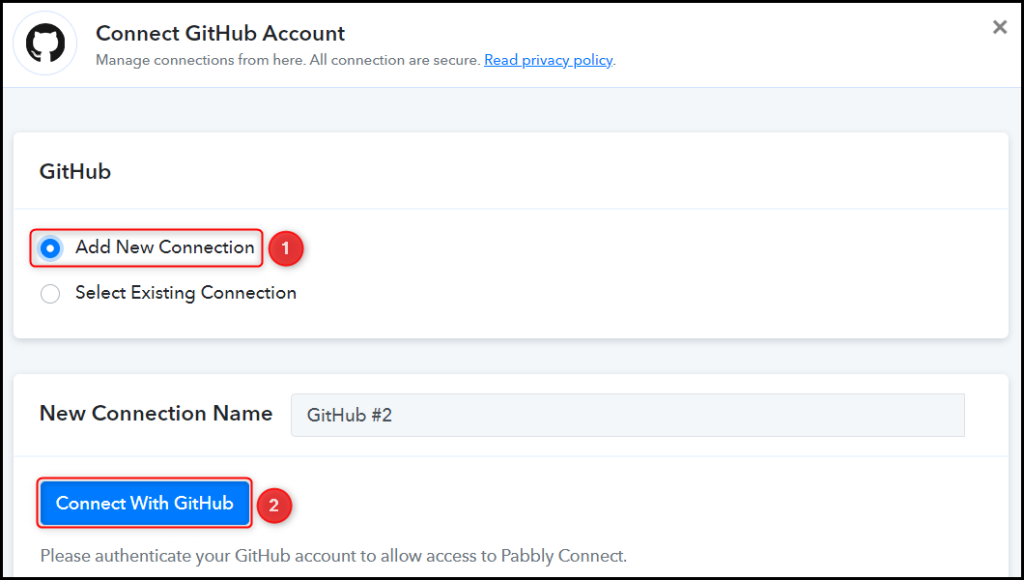
Select the Owner and Repository from where you want to capture the issues, and click on ‘Save & Send Test Request’.
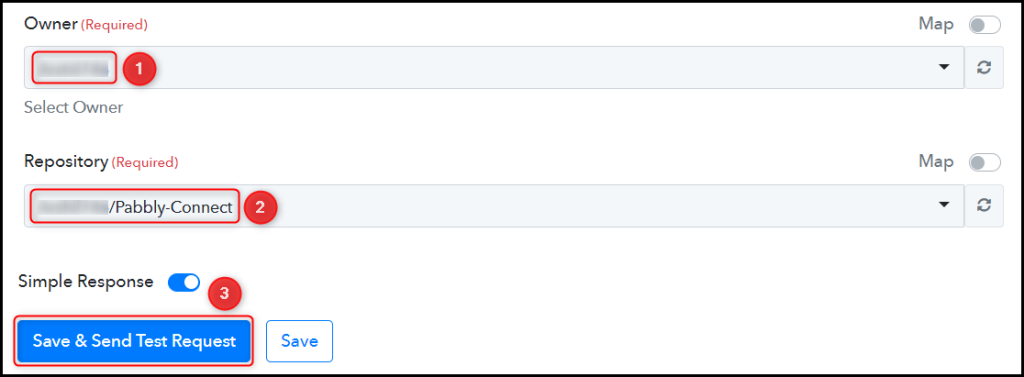
D. Test Connection
To test the established connection, we will create a new issue and check for the response received.
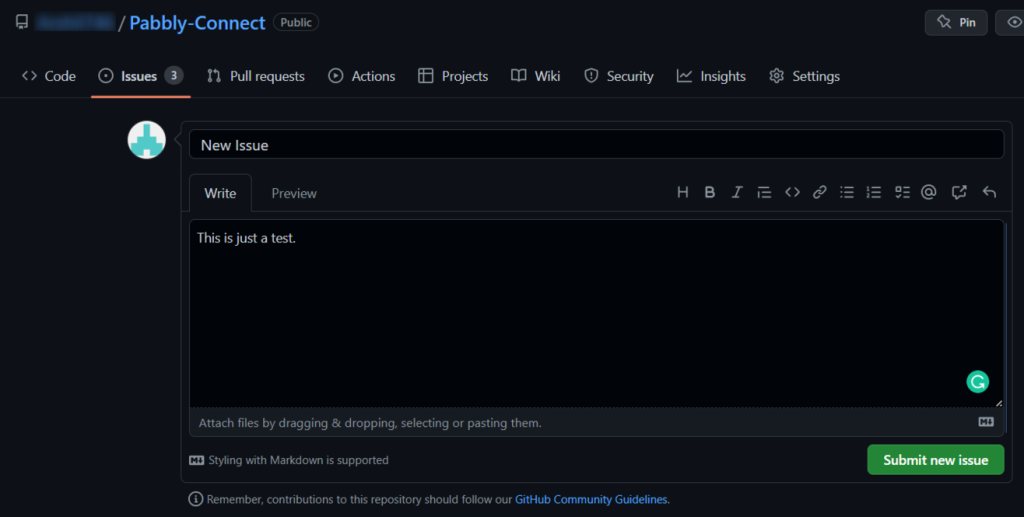
Expand the Response Received, where the details of the issue you just created must be visible.
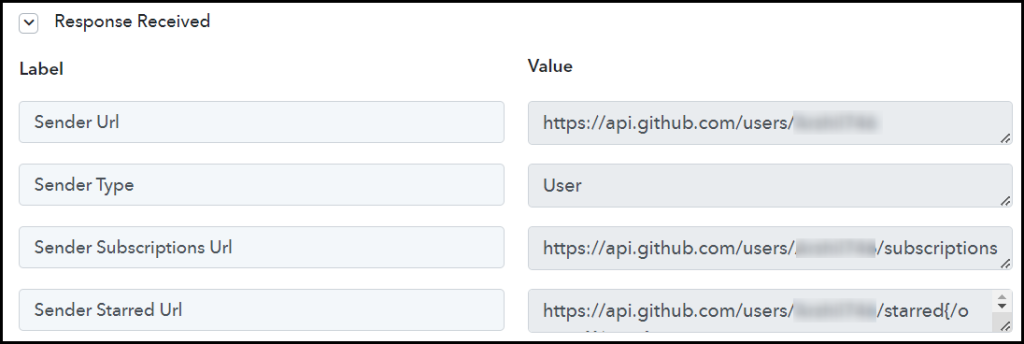
Step 3:- Setup Airtable as the Action App to Save Issues
Action allows us to choose the application that will get executed by the workflow trigger.
We essentially want to save the captured issues in Airtable. Thus, Airtable will be our Action App.
A. Action App
Choose ‘Airtable’ as the Action App, select ‘Create Record’ as an Action Event and click on ‘Connect’.
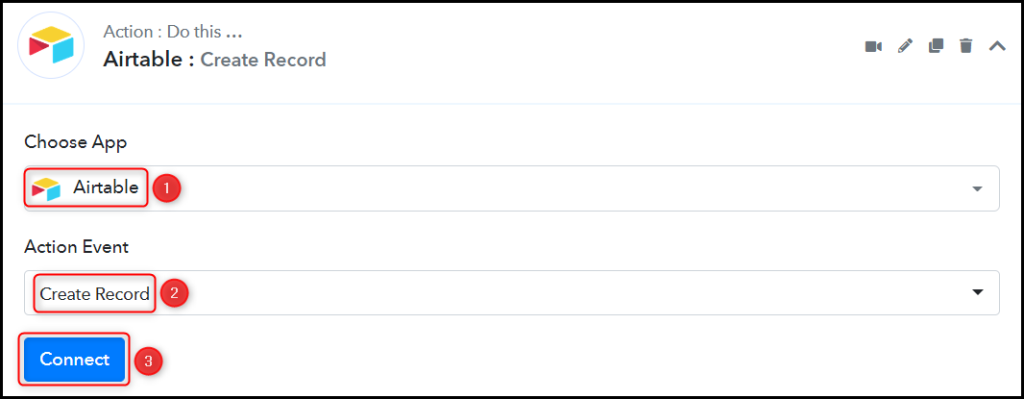
B. Connect Airtable Account
To connect with your Airtable account, select ‘Add New Connection’. To find your API Token, click on ‘Account’.
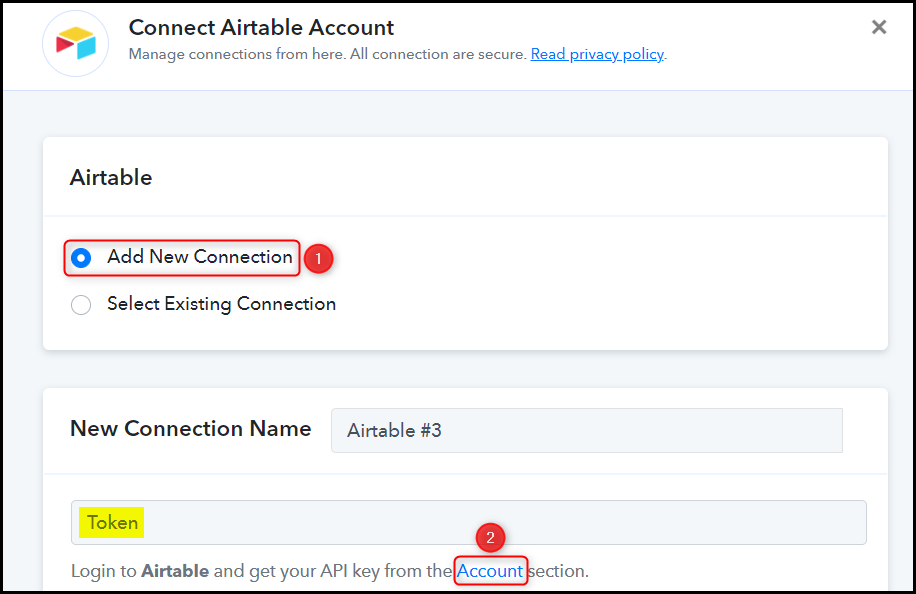
Copy the API Token, paste it into its given field and click on ‘Save’.

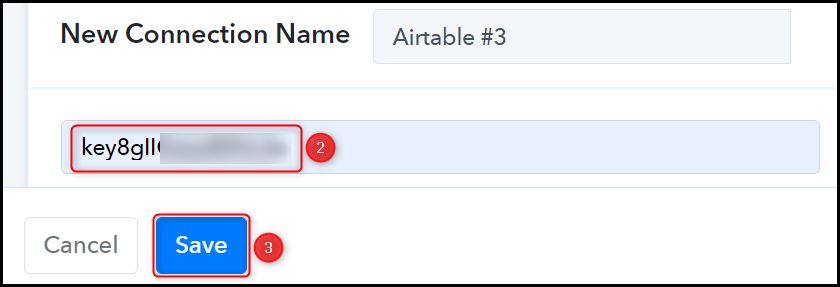
Select the Base Id and Table Name in which you want to record your data.

As soon as you select Table Name, the columns of this table will start reflecting as fields in your Action Step.

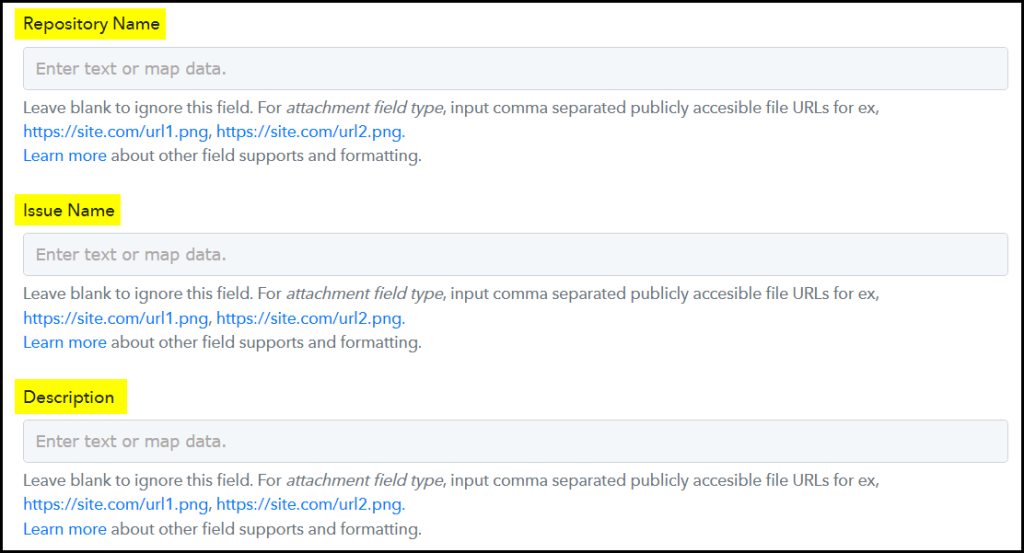
C. Map the Necessary Fields
Now that you have connected your Airtable account, all you need is to map the necessary details from the step above. Mapping ensures our data remains dynamic and changes as per the received responses.
Map the Repository Name from the step above.
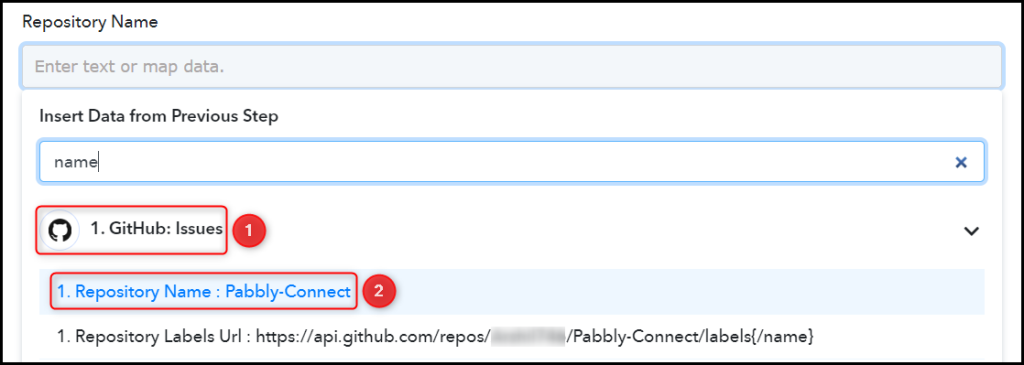

Similarly, map the other fields and click on ‘Save & Send Test Request’.
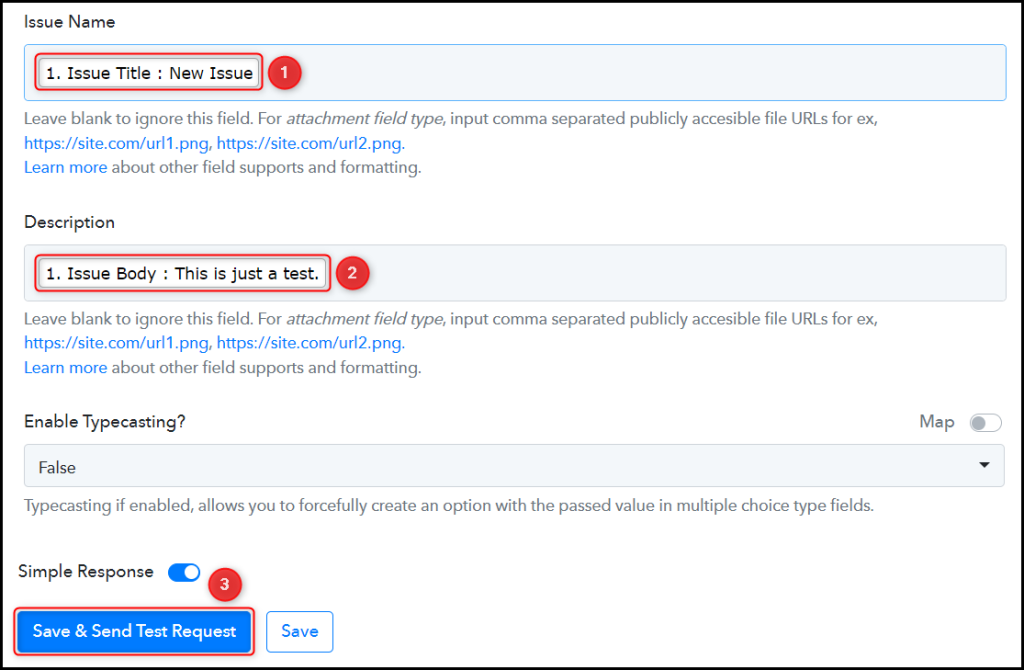
The moment you click on Save & Send Test Request, the issues will start reflecting in your Airtable table.

Our automation is complete. We have successfully integrated GitHub with Airtable. Each time you create a new issue in GitHub, it will automatically be saved in Airtable.
Sign Up for a free Pabbly Connect account, and start automating your business
Subscribe to our Youtube Channel for more such automation
For any other queries, visit our forum
